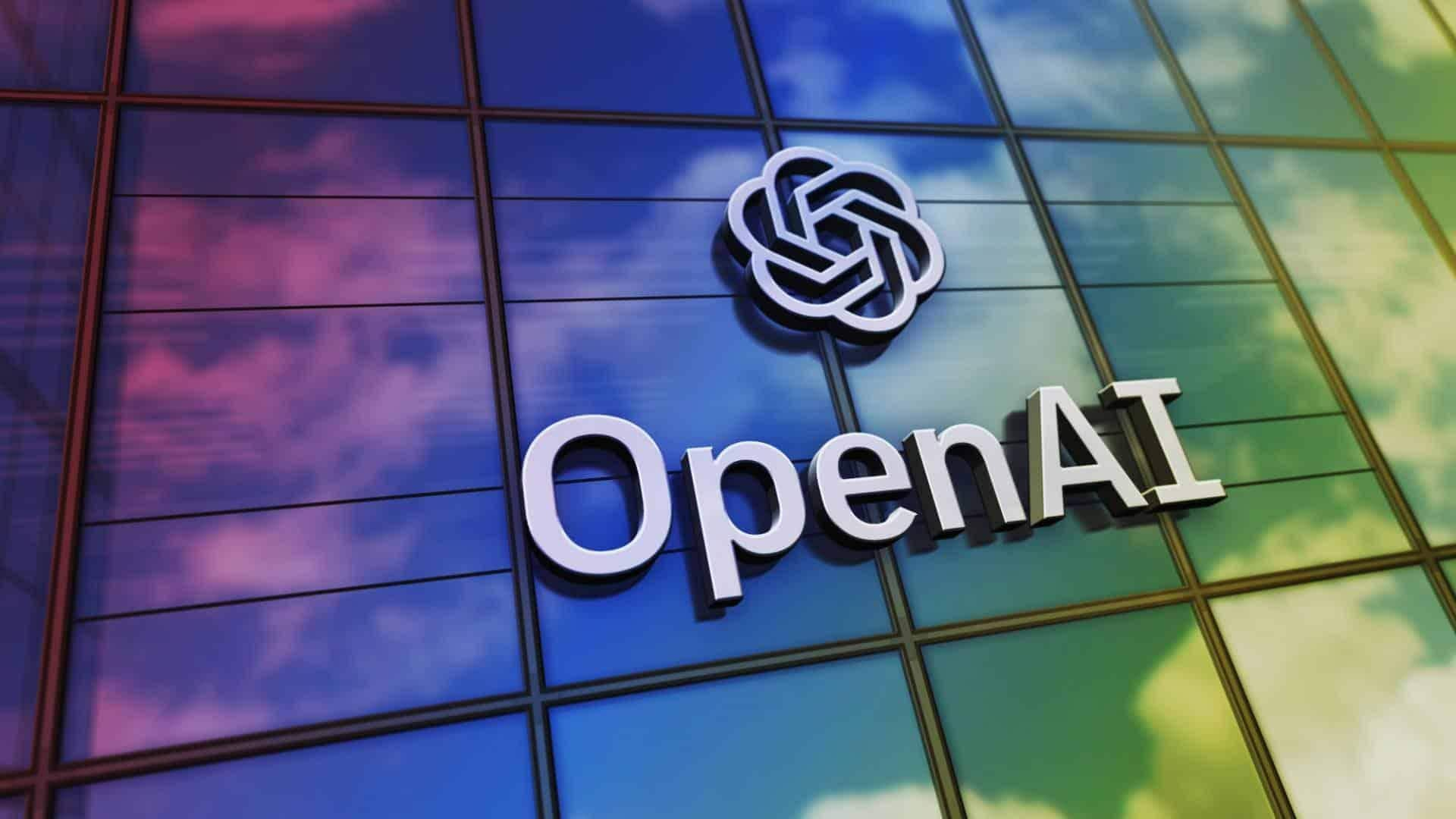
OpenAI collaborates with Broadcom, TSMC for 1st in-house AI chip
What's the story
OpenAI, the tech giant behind ChatGPT, is working with Broadcom and Taiwan Semiconductor Manufacturing Company (TSMC) to create its first in-house chip.
The move is part of a strategy to support its artificial intelligence (AI) systems.
The company has also opted to use AMD chips to cater to its rising infrastructure demands. This was after exploring different strategies to diversify chip supply and control costs.
Strategy shift
OpenAI abandons foundry plans
OpenAI has scrapped its original plan of establishing a network of factories or "foundries" for chip manufacturing, as it would be too expensive and time-consuming.
Now, the company is focusing on in-house chip design efforts.
The strategic shift is similar to that of larger tech rivals like Amazon, Meta, Google, and Microsoft, who have taken the same route to ensure chip supply and control costs.
Market implications
Custom chip could impact broader tech sector
As one of the biggest chip buyers, OpenAI's move to source from a wide range of chipmakers while developing its own custom chip could have wider implications for the tech sector.
The company has been collaborating with Broadcom for months to create its first AI chip with a focus on inference.
Analysts expect the demand for these inference chips to soon overtake training chips as more AI applications are deployed.
Team formation
OpenAI assembles chip team, secures manufacturing capacity
OpenAI has put together a chip team of around 20 people, including top engineers who have built Tensor Processing Units (TPUs) at Google in the past.
Via Broadcom, OpenAI has also secured manufacturing capacity with TSMC to make its first custom-designed chip in 2026.
However, that could change. The firm is still deciding whether to develop or acquire other elements for its chip design, and may rope in additional partners.
Market exploration
OpenAI explores alternatives amid chip shortages and rising costs
Currently, NVIDIA's GPUs dominate with over 80% market share. However, shortages and rising costs have pushed major customers such as Microsoft, Meta, and now OpenAI to look for in-house or external alternatives.
OpenAI plans to use AMD chips via Microsoft's Azure. The move shows how AMD's new MI300X chips are attempting to take a bite out of NVIDIA's market.
Despite exploring alternatives, OpenAI is committed to working with NVIDIA for accessing its new generation of Blackwell chips.